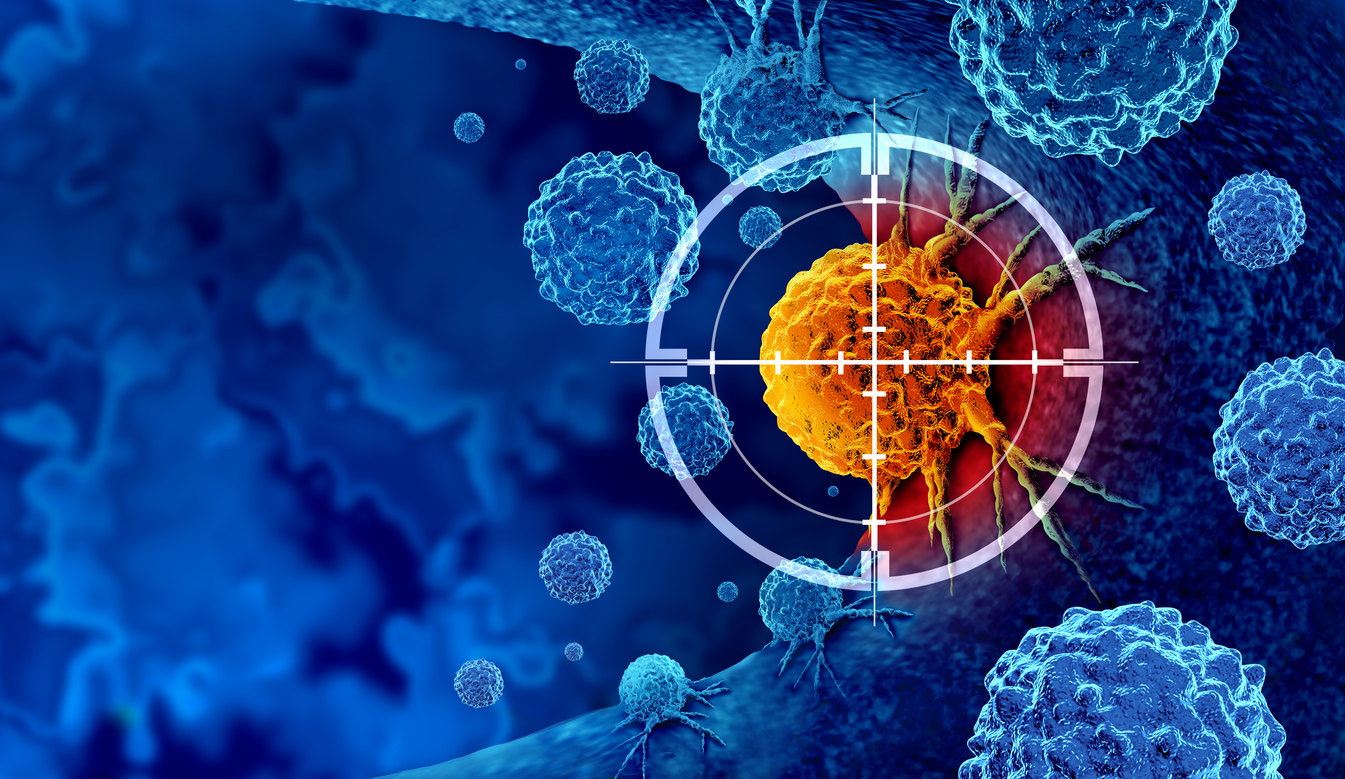2024-02-13
Improving the efficacy of cancer immunotherapy
Allergology and Immunology
The efficacy of anti-cancer treatments, including immunotherapy, is limited by chronic tumorigenesis induced by inflammation and toxicity of the tumor microenvironment. By reducing inflammation in the tumor microenvironment, it may be possible to enhance the activity of immune checkpoint inhibitors. In this study, the researchers showed that anti-cancer immunotherapies induced the expression of soluble epoxide hydrolase in several mouse models of cancer. Supplementation with omega-3 polyunsaturated fatty acids and/or pharmacological inhibition of this enzyme could significantly improve the antitumor activity of immunotherapy. By modulating inflammation in the tumor microenvironment through drugs or dietary supplementation, it may be possible to enhance the activity of cancer immunotherapies.

Last press reviews
GPCRs: thinking beyond the membrane

By Ana Espino | Published on February 9, 2026 | 3 min read<br>...
Should nerve blocks become the norm in children?

By Ana Espino | Published on February 9, 2026 | 3 min read<br>...
Could statins soothe inflammation?

By Ana Espino | Published on February 6, 2026 | 3 min read<br>